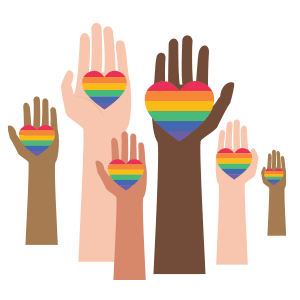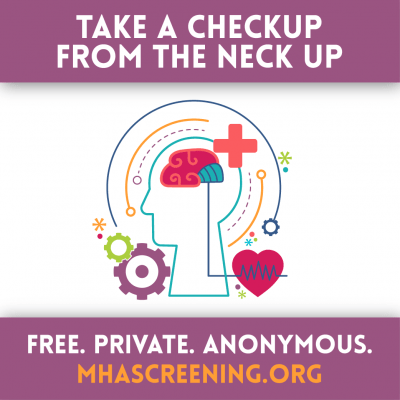For You: Practice self-care every day to build resilience
When you make time to care for yourself, it’s easier to help others. Self-care includes taking part in activities you enjoy as well as tending to your hygiene, nutrition, exercise and mental health. It can also help you enjoy each day more. Exercising your brain to build resilience can help you prevent or reverse the effects of burnout. Try the mental health fitness exercises below.
For Children: Mental health awareness: Children and teens
It’s never too early to address mental health needs. Young people need support for their mental health now more than ever. In the U.S. “1 in 6 youth aged 6-17 experience a mental health disorder each year” and of those only half receive treatment.1 Early interventions are the best opportunity for support and it all begins with awareness.
Watch this video or read the transcript to learn about the mental health needs of children and teens. For more information, check out these resources:
If you’re a parent or someone who works with children and teens, learn about school and local resources available to them and let them know you’re available to talk about their mental health needs or struggles.
1Mental health by the numbers. Available at: NAMI.org. Accessed March 2022.
For Elders: Mental health is important at every age
According to the American Psychological Association, as many as one in every five people who are 55 or older have a mental health condition such as depression or anxiety. But fewer than three percent of older adults seek professional help.1 These mental health concerns should not be just considered a normal part of aging and can be helped.
To learn more, read Mental health and older adults and check out the Think Tank Older adults and mental health podcast series:Staying connected | Transcript
1Growing mental and behavioral health concerns facing older Americans. Available at: APA.org. Accessed March 2022.
It’s time to talk about mental health
If we see someone who has a broken arm, we don’t shy away from asking what happened or offering support. But if we see someone struggling emotionally, we don’t always know what to say or how to help. Just like with physical health, it’s important to be comfortable talking about mental health.
Check out Talking to friends and family about mental health concerns for tips to help start the conversation. The more you understand mental health, the better you can help yourself and others through tough times.
If you or someone you know is struggling with anxiety, stress, depression or other mental health issues, reach out. You and your household members can give the GW EAP a call for free, confidential support and referrals for any emotional or mental health concerns you may have, 24 hours a day 7 days a week.




